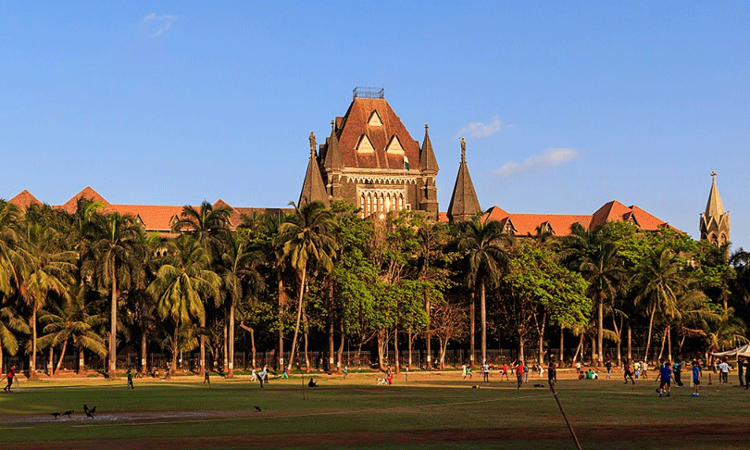Bombay High Court Dismisses Developers' Pleas Against Levy Of ₹800 Crores Aggregate Development Charges
Sharmeen Hakim
21 Oct 2022 10:53 AM IST

Next Story
21 Oct 2022 10:53 AM IST
The Bombay High Court has held that developers undertaking redevelopment on state owned land wouldn't be exempt from paying Development Charges under Sections 124A & F of the Maharashtra Regional and Town Planning (MRTP) Act. Development charges are imposed to provide public amenities and for the improvement of the area. Only planning authorities undertaking such development would...
